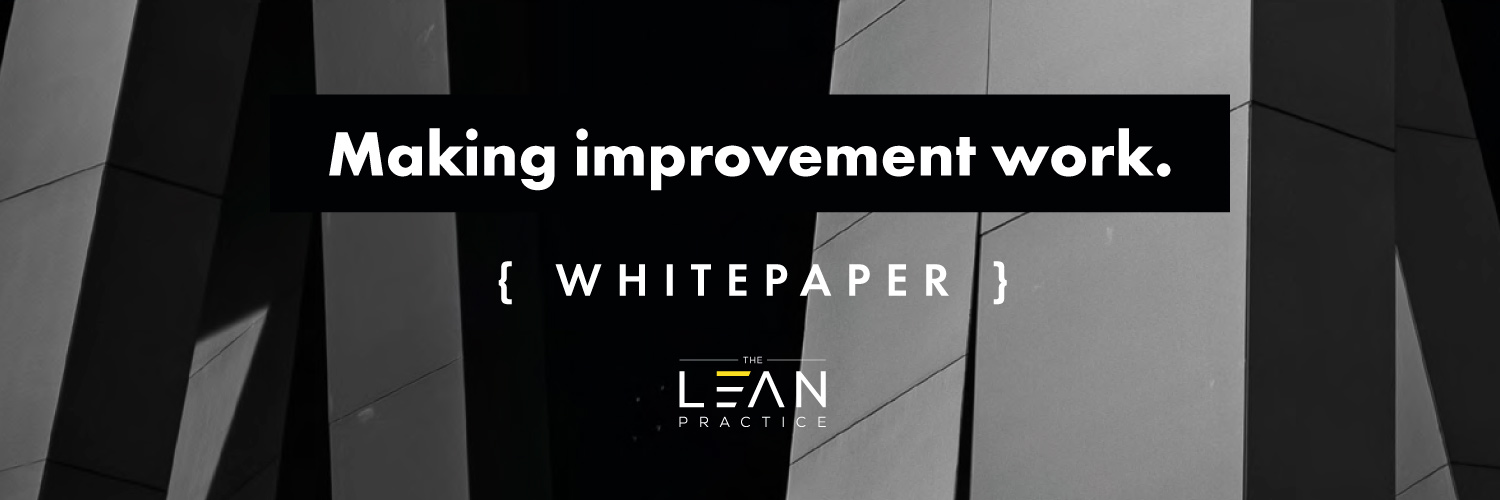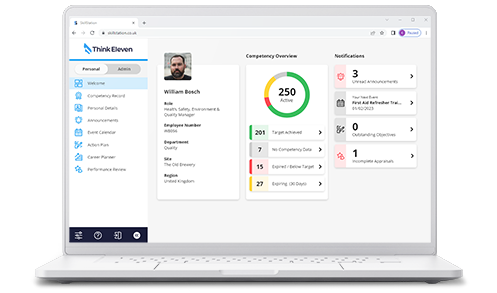We welcome and endorse the White Paper from Aaron Penwill of The LEAN Practice. The paper explains in pragmatic terms how to ‘Make Improvement Work’.
Think Eleven embrace and recognise the importance of continuous improvement in our own business and the whole UK economy, whether that’s the private, public and not for profit sectors.
It’s probably never been more important when operating in a highly-competitive global marketplace to ensure that you’re not only competitive, but ultra-efficient in everything you do.
That’s why we welcome and endorse the White Paper – Making Improvement Work from Aaron Penwill of The LEAN Practice. The paper explains in pragmatic terms how to ‘Make Improvement Work’.
The Importance of Standards and Standardising
Aaron defines the importance of standards related to making improvements as – an improvement is only made when you improve on a standard. Putting a standard in-place where there isn’t one, or getting back to a standard is problem solving.
Standards are really key!
Once an improvement is made, a new standard is created and needs to be defined as such, e.g. policy, procedure or work instruction. This is also true of improvements in the way people behave and act - especially leadership.
Implementing standards into your competency framework
Making these new standards part of a competency framework that is easy to access provides the transparency and accountability for these new standards, thus enabling sustainability of performance. Without the right leadership and subsequent culture, the standards will not be maintained and performance will drop.
The Importance of Leadership & Culture
One of the key challenges repeatedly emphasised is the importance of the right organisational culture required to embrace, lead and embed the knowledge, skills and processes associated with effective and sustainable Continuous Improvement.
Think Eleven value this approach and thinking, but also recognise the challenges of embedding and sustaining best practice across an entire organisation in a standardised way.
That’s why we help organisations identify and assess values, behaviours and culture in addition to the knowledge and skills (know-how) to optimise and transform your operational performance. Think Eleven identify culture and leadership as critical enablers and express these within the Competency Framework so that they can be assessed using SkillStation, our on-line training, competency, compliance and performance management system.


